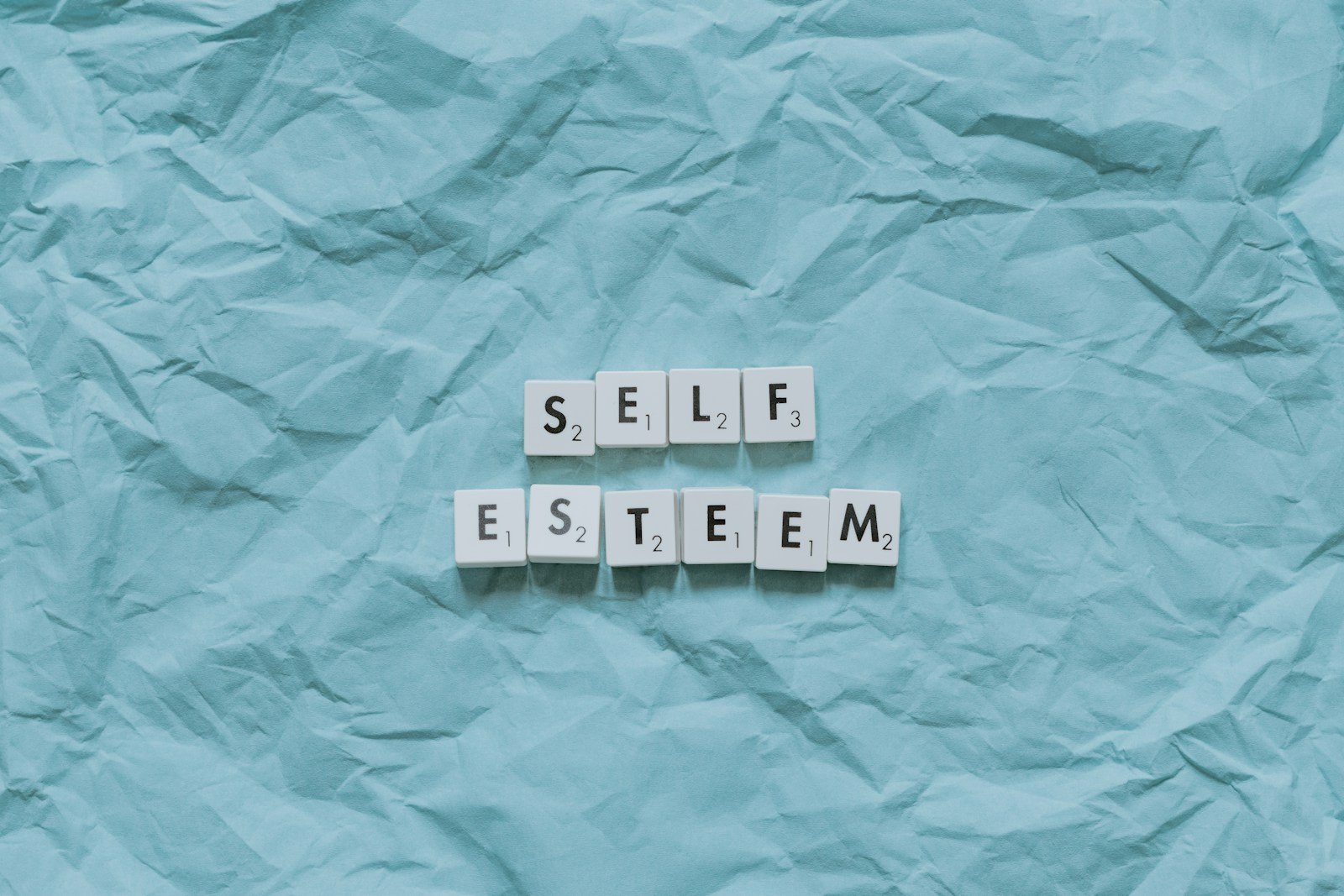Understand the Foundation of Self-Esteem
Self-esteem is the overall opinion we have of ourselves, encompassing feelings of self-worth and self-respect. It is crucial to recognize that self-esteem is not fixed and can be cultivated through self-awareness and intentional actions.
Challenge Negative Self-Talk
Negative self-talk can undermine self-esteem and perpetuate feelings of inadequacy. Start by identifying negative thoughts and replacing them with positive affirmations. Practice self-compassion and treat yourself with the same kindness you would offer to a friend.
Set Realistic Goals and Celebrate Achievements
Setting realistic goals allows you to experience a sense of accomplishment and boosts self-esteem. Break larger goals into smaller, manageable steps, and celebrate each milestone along the way. Recognize your efforts and acknowledge your progress, no matter how small.
Cultivate Self-Compassion
Self-compassion involves treating yourself with kindness, understanding, and acceptance, especially in times of failure or difficulty. Practice self-compassion by acknowledging your humanity and embracing imperfection. Treat yourself with the same level of kindness and empathy you would offer to others.
Develop Healthy Boundaries
Setting boundaries is essential for maintaining self-esteem and preserving your emotional well-being. Learn to say no to activities or relationships that drain your energy or compromise your values. Prioritize your needs and make self-care a non-negotiable part of your routine.

Practice Gratitude and Appreciation
Cultivating a sense of gratitude can shift your focus from what you lack to what you have, fostering feelings of contentment and self-worth. Take time each day to reflect on the things you are grateful for, whether it’s your health, relationships, or personal accomplishments.
Surround Yourself with Supportive People
Surrounding yourself with supportive and uplifting individuals can bolster self-esteem and provide a sense of belonging. Seek out relationships that encourage personal growth and celebrate your strengths. Distance yourself from individuals who undermine your self-worth or perpetuate negativity.
Practice Self-Care Regularly
Self-care involves prioritizing your physical, emotional, and mental well-being. Make time for activities that nourish your body and soul, whether it’s exercise, meditation, hobbies, or spending time in nature. Prioritize self-care as an essential part of your daily routine.
Embrace Failure as a Learning Opportunity
Failure is a natural part of life and presents valuable opportunities for growth and self-discovery. Instead of viewing failure as a reflection of your worth, reframe it as a chance to learn and improve. Embrace setbacks as stepping stones on the path to success.
Seek Professional Help if Needed
If you struggle with persistent feelings of low self-esteem or self-worth, consider seeking support from a mental health professional. Therapy can provide tools and strategies for building self-esteem and navigating challenges effectively. Remember that asking for help is a sign of strength, not weakness.






